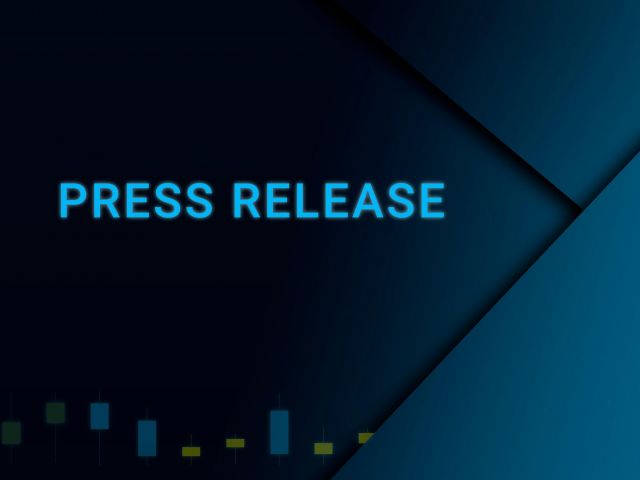
Insight by: Tracy Donegan
In the current healthcare environment, the pace of change, as well as the disruptive effects caused by large retail chains and technology giants, are some of the factors causing our industry to face what McKinsey refers to as “the gathering storm”. In such a turbulent environment, organizations that are not agile and quickly able to adapt may struggle with the elements.
One key contributor to a healthcare organization’s agility is how quickly their electronic health record (EHR) and related technologies can be adapted or built to support new business and clinical operating models. Yet this factor is highly dependent on the EHR vendor. If the EHR lacks the capacity for agile adaptation, one wonders if it could hold industry veterans back.
With respect to the pace of technological advancement, Epic and Cerner have contrasting approaches. Cerner’s strategy is to mature and simplify their capability to integrate with new technologies, and then partner with the vendors who have the best solution. According to Gartner research, modern organizations are opting for composable systems that can easily be replaced when they are no longer relevant.
Alternatively, Epic’s strategy is to build or buy the technology, incorporate it into their EHR with their “secret sauce”1, then offer it to their customers. Since Epic is considered by many as a closed system, integration with new technologies may not be easily achievable. It also may be hard to swap out old technology for new. When a light mist turns into a downpour, one may wish to have the ability to quickly swap a beanie for an umbrella.
At a conference earlier this year, the CEO of Epic said her goal was to “be the best EHR in the world.” This begs the question of how does she know what is best? Given Epic’s closed system strategy, those organizations operating on Epic will keep pace with advancements in technology only so long as Epic deems the advanced functionality to be important. In this model “doctor knows best” is supplanted by “EHR knows best”. This is also precisely how an EHR “owns” their customer.
Then why does Epic dominate the industry? According to Saxena1, clinicians like the workflow of Epic better. He further explained that this is important because every keystroke or click that impacts clinicians’ ability to connect with patients detracts from patient engagement. Reducing this friction is Epic’s secret sauce.
To withstand the current storm, modern healthcare organizations are challenged to simultaneously have an effective and agile strategy for new technologies while placing emphasis on the physician experience. And not be “owned” by their EHR vendor.
1Saxena, Vishal. Zoom Interview. Conducted by Tracy Donegan, 17 Nov. 2022.




